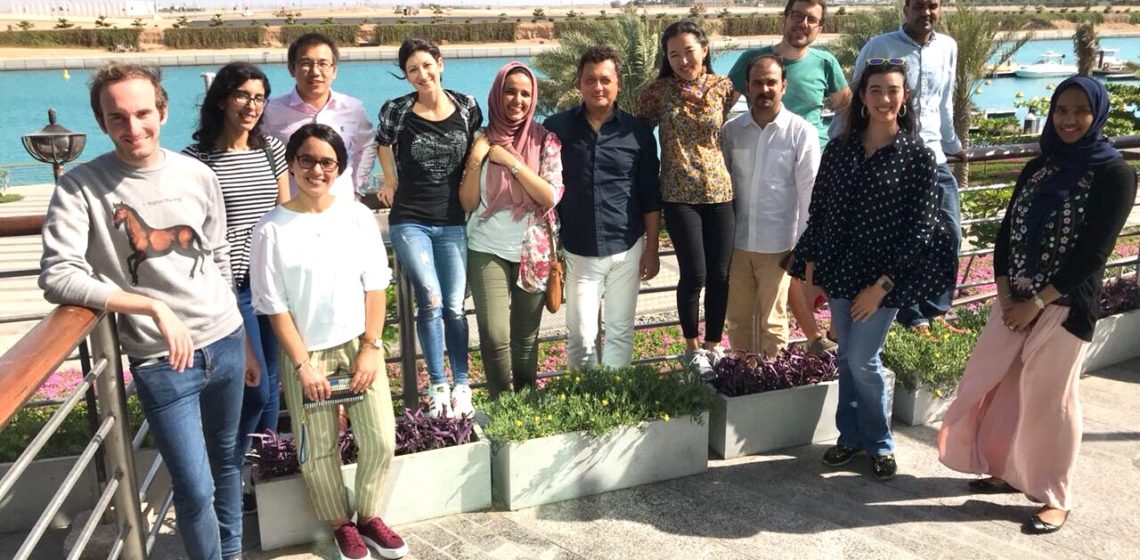
The discovery of the Epigenome marked the turning point for a better understanding of the complexity of gene regulation and phenotype variation.
While the largest part of available knowledge about Epigenetic mechanisms comes from studies performed in developmental contexts, very little is known about the function of the epigenome in adult tissues, how this changes in response to environment and time.
Far from being a rigid platform, the Epigenome controls the capacity of cells to be plastic to allow adaptation and performance in response to the natural changing of environmental conditions including metabolism, stress and aging with clear implications for the understanding of tissue homeostasis, cell reprogramming and associated diseases.
The focus of our laboratory in the newly established Epigenetics program at KAUST (keep.kaust.edu.sa) is the investigation of the mechanistic role of the Epigenome and nonconding Genome in somatic cells and in particular the role of Polycomb Group Proteins (PcG), noncoding RNA, chromatin RNAi components and repetitive mobile DNA elements in cell identity, adaptation to stress, aging and reprogramming. As model system we use human primary cells and mouse animal models, with particular emphasis on skeletal muscles, neuromuscular diseases and cell reprogramming.
For more details, please refer to our laboratory’s main webs site: Click Here
Lead PI (KAUST): Prof. Valerio Orlando
Lead PI (KFSHRC Riyadh): Olga Vriz,/Gruschen R Veldtman
Accelerated ageing has been observed in individuals with structural heart disease such as valvular heart disease or congenital heart disease. Heart failure is often associated with end-organ damage including liver disease, renal dysfunction, thyroid dysfunction and progressive cachexia. We will investigate the transcriptional profile of proinflammatory transposable elements derived RNAs on biopsies derived from patients undergoing heart transplantation due to major heart failure.